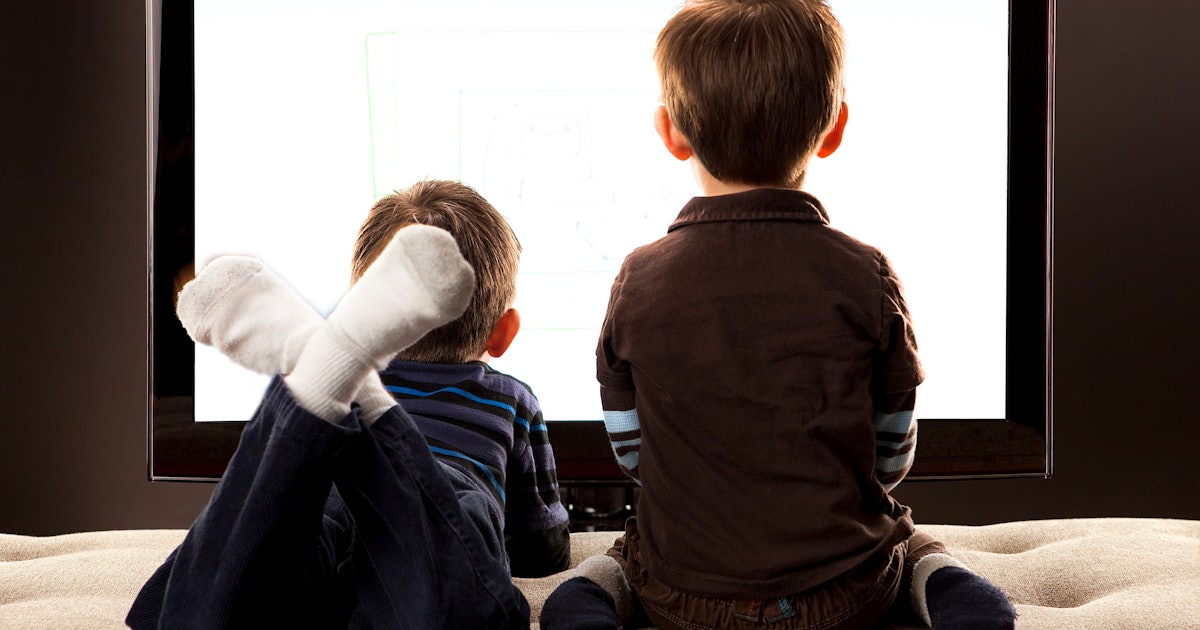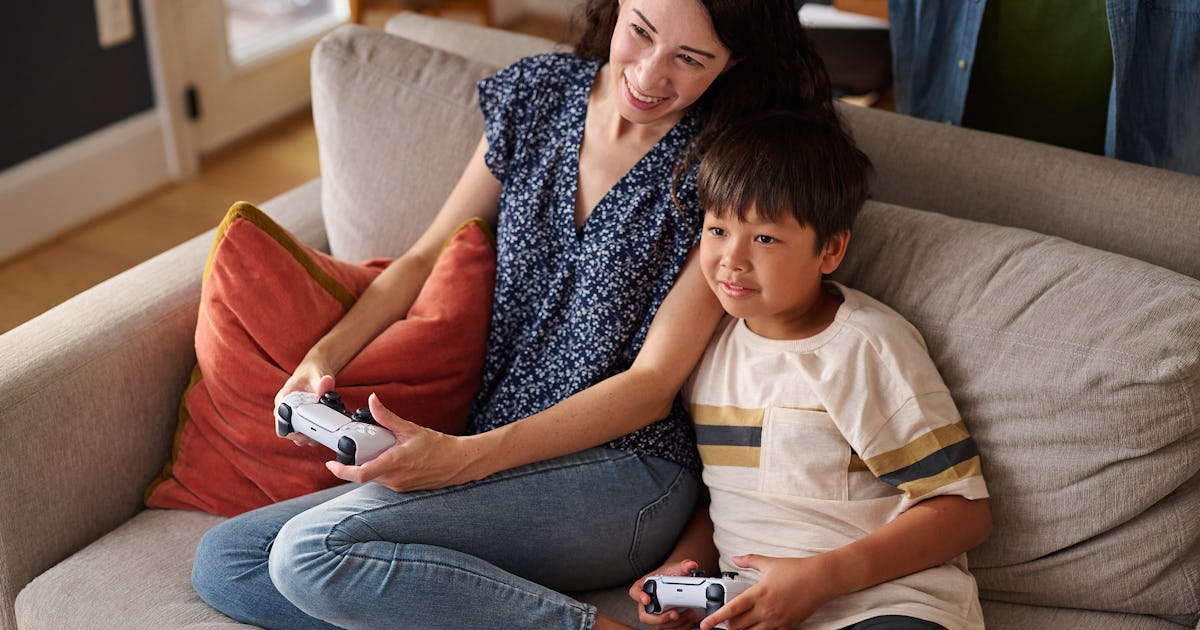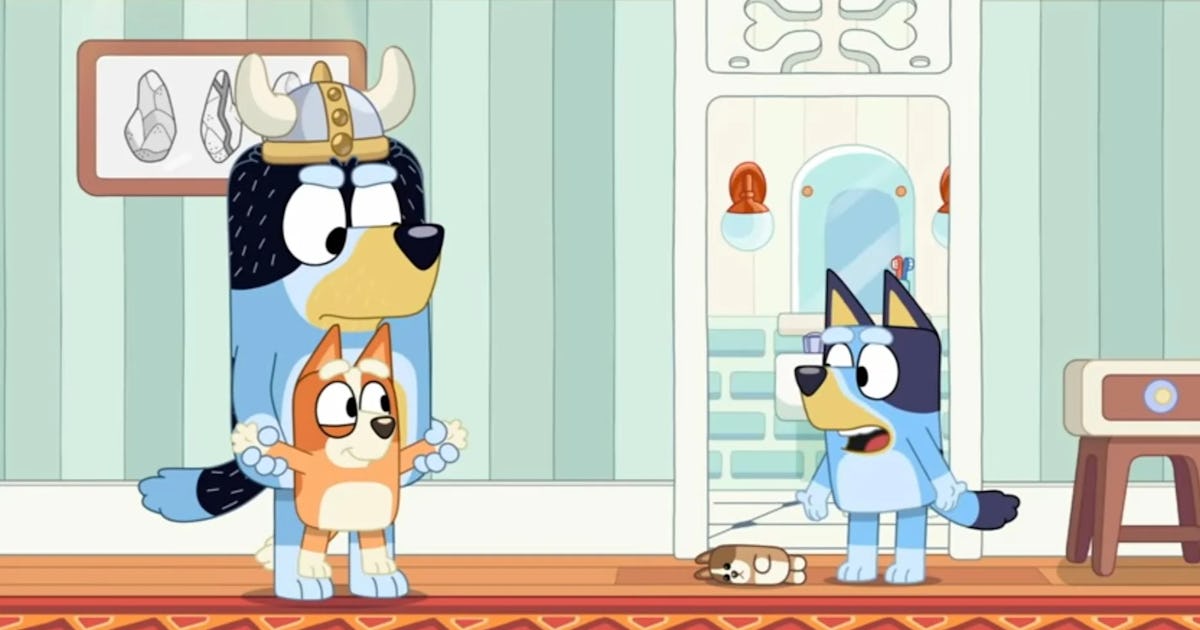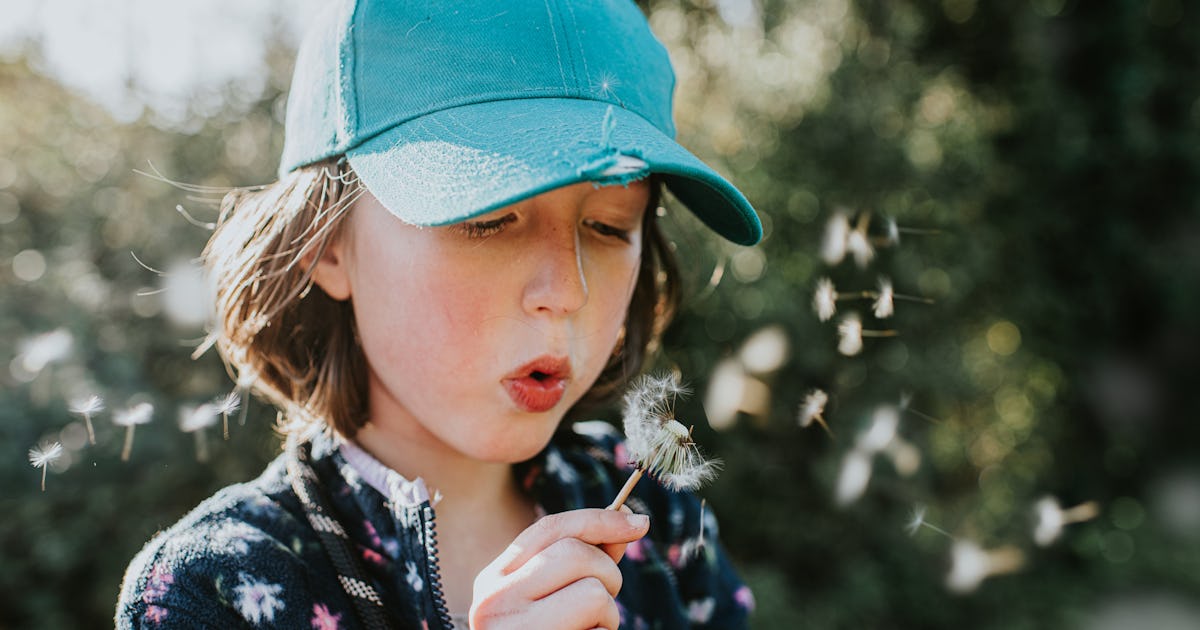One of the great tragedies of the 21st century is the wasted potential of the Internet. Over the past few decades, humans have been able to efficiently access all of the world’s information in unprecedented ways. look, us Of course I’m not telling you that the Internet is all bad: you can get a lot of great information online… but you can also make some people think that a shadow government cabal of lizard people controls the hurricane. As parents raising children in a digital environment, our first instinct may be to protect our children from any such nonsense. But a recent study from the University of California, Berkeley, suggests that it might actually be better for our children to be exposed to misinformation.
The study was published in natural human behaviorsurveyed 122 children aged 4 to 7 years. Children were first exposed to an e-book with pictures. Some children were given truthful messages: For example, next to a picture of a zebra, they were told, “Zebras have black and white stripes.” Other children given the same picture of a zebra were told that zebras are green and red. They then indicate whether what they read is true or false. The second study effectively replicated this mechanism, but by simulating search engine results instead of e-books.
Finally, children obtained new claims about “Zorpies” (an imaginary alien species) through the same digital environment (e-book or simulated search engine results). They saw a photo of about 20 Zorpies: one clearly showed three eyes, but the others were wearing sunglasses. Children will see the statement “All Zorpies have three eyes” and have the opportunity to pat the alien with its eyes covered and remove its sunglasses for inspection.
The study found that the children who fact-checked the most thoroughly (i.e. took off their sunglasses to check) were the ones who saw more false statements about animals earlier in the study. Those who were only exposed to factual information did little or no fact-checking. Because the children had no pre-existing knowledge about Zorpies, their suspicion (or lack thereof) could only effectively come from the source of the information, not the information itself.
In other words, knowing from first-hand experience that misinformation exists makes kids more skeptical…and in a world where they have to parse reality from fiction, that’s a good thing. Think of it as a bullshit vaccine: a little bit of weak exposure now can help protect them against more serious “fake news” outbreaks later.
“We need to give kids the experience of flexing their skeptical muscles and using those critical thinking skills in an online environment in order to prepare them for the future, where they will be in a nearly 24/7 environment,” Evan said. student and lead author of the study, in a statement.
Of course, this doesn’t mean letting your child smoke for hours information war and national enquirer There is no supervision. “Our work shows that if children have some experience working in a controlled but imperfect environment, where they experience encountering things that aren’t quite right, and we show them figuring out what’s real, What’s wrong with the process then makes them more wary,” Orticio said.
So, yes, of course we need to monitor the websites and apps our children visit. But it’s unrealistic to assume that we can eliminate their online experience and delete everything we don’t want them to see or encounter, especially as they get older. Even a carefully monitored online experience can be filled with nonsense.
Fortunately, this research shows that with the right guidance, exposure can be educational. Maintaining an open dialogue about what our children see and helping them understand how to fact-check may ultimately be better for them than a completely sanitized and sanitized digital experience.
“Children can adjust their level of skepticism based on the quality of information they have seen previously in a digital environment,” Otisio points out. “They can use their expectations of how the digital environment works to make reasonable adjustments to their trust or distrust of superficial information—even if they know next to nothing about the content itself. … This is not to say that we need to heighten skepticism theory itself. We need to give them the ability to use that suspicion to their advantage.
While Otioko acknowledges that fact-checking in real life is often more difficult than in their experiments, it’s encouraging to know that we can address the misinformation our children are exposed to to help them grow up with media Literacy.




